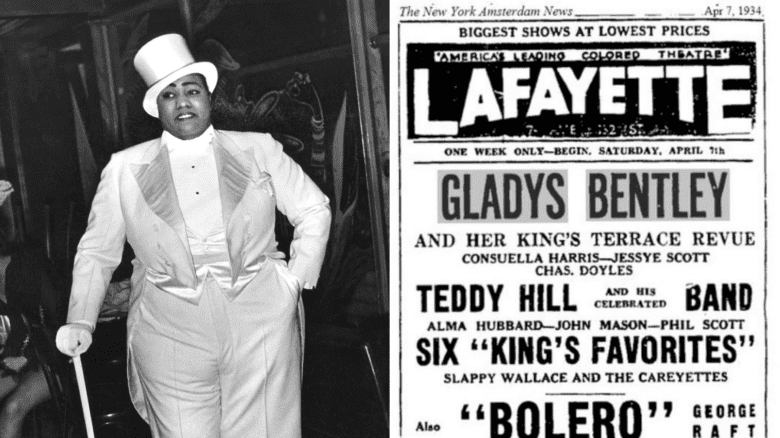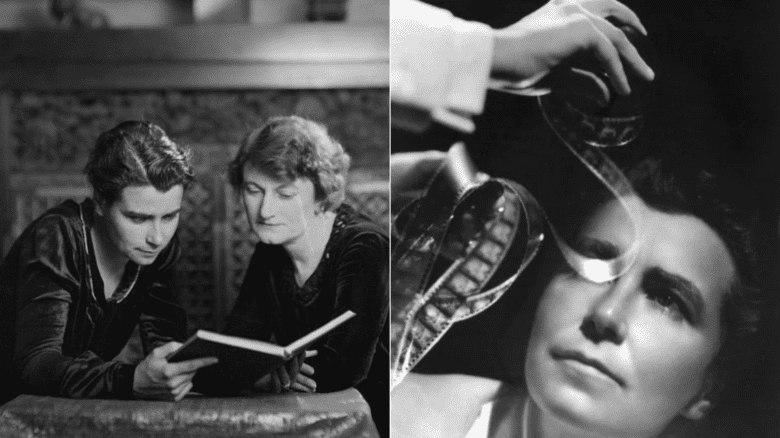It’s been a year of many firsts in terms of sports players coming out in support of gay rights. NHL players, pro-football players and soccer stars have all vowed to fight homophobia in the locker room.
Members of the Toronto Marlies are the latest athletes to join the effort. The AHL club raised the bar even further when the entire team signed a pledge that now hangs on the wall of their locker room at Toronto’s Ricoh Coliseum.
“The Toronto Marlies pledge to support all of our teammates, coaches, and fans – gay or straight,” it reads. “We stand for the idea that athletes should be judged by their character, work ethic, and talent. Not their sexual orientation.”
The pledge, created in conjunction with the You Can Play organization, started by Brian and Patrick Burke, continues with a promise to stamp out homophobic, racist and sexist comments.
“It felt good,” says Marlies right winger Jerry D’Amigo of signing the pledge. “It feels like you are taking a stand. You are doing something that’s right.”
Below are Xtra‘s interviews with the Toronto Marlies. Pick up the latest edition of Xtra for more in-depth coverage.

 Why you can trust Xtra
Why you can trust Xtra


